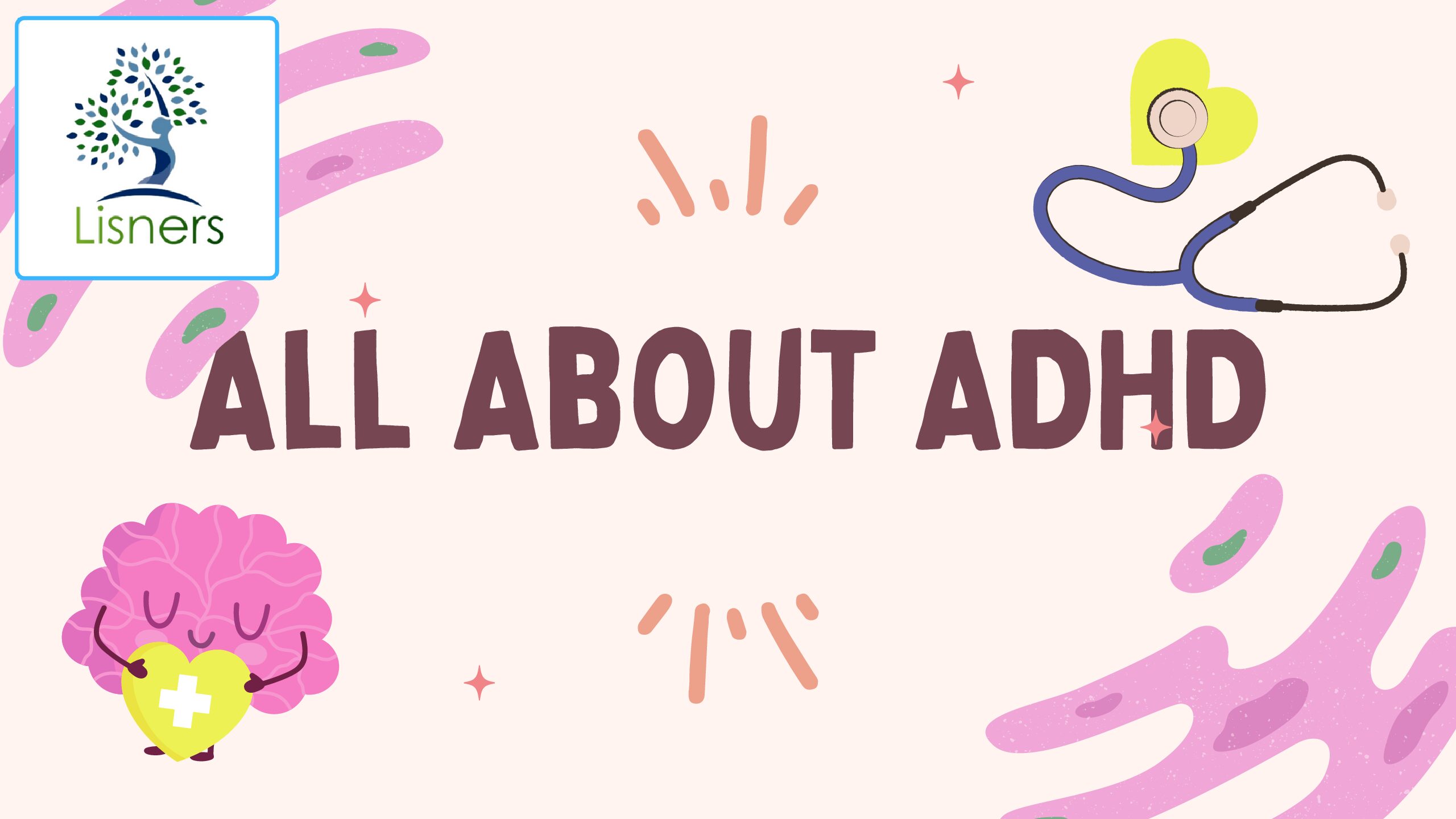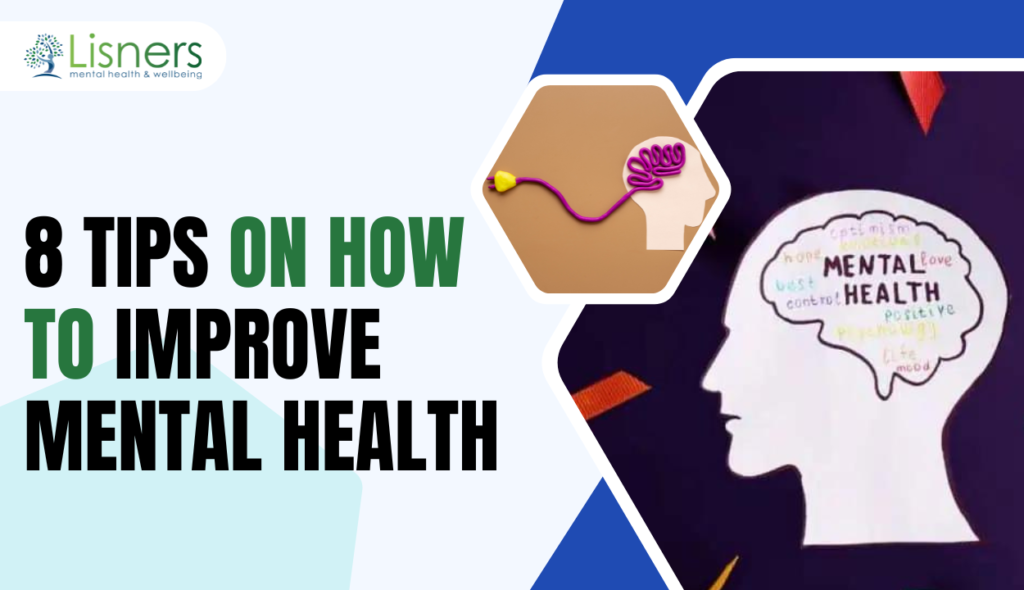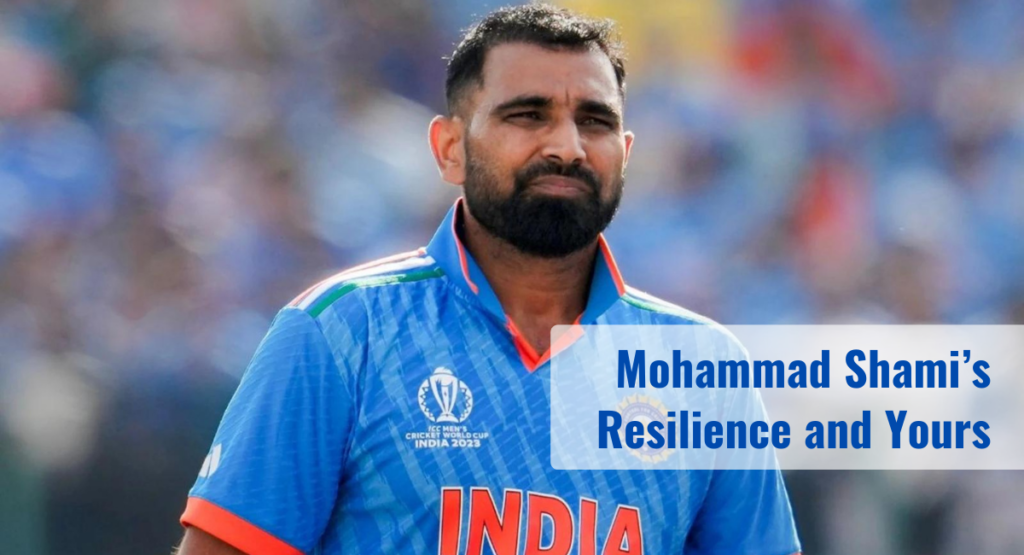An IPS officer who took his own life minutes after his wife’s passing.
Grief is one of the most challenging emotions we experience as humans. The recent tragic news about IPS officer Shiladitya Chetia from Assam, who took his own life minutes after his wife’s passing, is a stark reminder of 𝗵𝗼𝘄 𝗱𝗶𝗳𝗳𝗶𝗰𝘂𝗹𝘁 𝗶𝘁 𝗰𝗮𝗻 𝗯𝗲, 𝘁𝗼 𝗵𝗮𝗻𝗱𝗹𝗲 𝗴𝗿𝗶𝗲𝗳. As we process this heartbreaking event, it is important to understand the profound impact of 𝗹𝗼𝘀𝗶𝗻𝗴 𝗮 𝗹𝗼𝘃𝗲𝗱 𝗼𝗻𝗲 𝗮𝗻𝗱 𝗵𝗼𝘄 𝘄𝗲 𝗰𝗮𝗻 𝗰𝗼𝗽𝗲 with such a loss.
Understanding Grief
Grief is a natural response to loss, but it affects us all differently. Some people may feel shock and disbelief, such as ‘this can never happen’, while others experience deep sadness, anger, or even guilt. It is important to know that 𝘁𝗵𝗲𝗿𝗲 𝗶𝘀 𝗻𝗼 “𝗿𝗶𝗴𝗵𝘁” 𝘄𝗮𝘆 𝘁𝗼 𝗴𝗿𝗶𝗲𝘃𝗲 𝗮𝗻𝗱 𝗻𝗼 𝘀𝗲𝘁 𝘁𝗶𝗺𝗲𝗹𝗶𝗻𝗲 for when you should start feeling better.
Stages of Grief
Grief usually follows a series of stages that help individuals deal with their loss. According to Elisabeth Kübler-Ross, there are five stages of grief:
- Denial: This is when you cannot believe the loss has happened. It is like waking up and thinking it was all just a bad dream. For example, after losing a loved one, you might find yourself still expecting to see them coming and waking you up in the morning.
- Anger: This stage is when you feel intense frustration and helplessness. You might get angry at the situation, the person who left, or even yourself. For example, you might think, “Why did this happen to me?” or “It’s so unfair!”
- Bargaining: At this point, you attempt to negotiate in expectation of a different result. It is like hoping for a miracle, making promises to be a better person, pay a tribute, do charity if only the loss could be undone.
For losses that cannot be undone you might pray or think, “If only I had made a different choice, they could still be with us.” - Depression: This is when the reality of the loss truly sinks in, and you feel deep sadness. You might feel like withdrawing from others and losing interest in activities you once enjoyed. For example, you might find it hard to get out of bed or feel like grief has taken over on almost all walks of life.
- Acceptance: In this final stage, you begin to accept the loss. It does not mean you are okay with it, but you start finding ways to move forward along with the grief. For example, you might start creating new routines and finding new sources of happiness while still cherishing memories of your loved one.
These phases are not straightforward, and individuals might progress through them in various sequences or go back to certain phases more than once. Understanding these stages can provide insight into the grieving process and offer some solace in knowing that these feelings are a natural part of healing.
𝗔𝗰𝘁𝗶𝗼𝗻𝗮𝗯𝗹𝗲 𝗧𝗶𝗽𝘀 𝗳𝗼𝗿 𝗖𝗼𝗽𝗶𝗻𝗴 𝘄𝗶𝘁𝗵 𝗚𝗿𝗶𝗲𝗳
𝟭. 𝗦𝗲𝗲𝗸 𝗦𝘂𝗽𝗽𝗼𝗿𝘁:
Do not isolate yourself. Reach out to friends, family, or support groups. 𝗧𝗮𝗹𝗸𝗶𝗻𝗴 𝗮𝗯𝗼𝘂𝘁 𝘆𝗼𝘂𝗿 𝗳𝗲𝗲𝗹𝗶𝗻𝗴𝘀 𝗰𝗮𝗻 𝗯𝗲 𝘀𝗶𝗹𝗲𝗻𝘁 𝗵𝗲𝗮𝗹𝗶𝗻𝗴 𝗽𝗿𝗼𝗰𝗲𝘀𝘀. If you are not comfortable talking to someone you know, consider joining 𝗮 𝗴𝗿𝗶𝗲𝗳 𝘀𝘂𝗽𝗽𝗼𝗿𝘁 𝗴𝗿𝗼𝘂𝗽 where you can share your experience with others who understand.
𝟮. 𝗙𝗶𝗻𝗱 𝗖𝗿𝗲𝗮𝘁𝗶𝘃𝗲 𝗢𝘂𝘁𝗹𝗲𝘁𝘀 𝘁𝗼 𝘆𝗼𝘂𝗿 𝗴𝗿𝗶𝗲𝗳:
Writing, painting, playing music or gardening can be therapeutic. Expressing your grief creatively can help you process your emotions in a healthy way.
𝟯. 𝗛𝗼𝗻𝗼𝗿 𝗬𝗼𝘂𝗿 𝗟𝗼𝘃𝗲𝗱 𝗢𝗻𝗲:
Find ways to remember and honour the person you have lost. This could be through a 𝗺𝗲𝗺𝗼𝗿𝗶𝗮𝗹 𝘀𝗲𝗿𝘃𝗶𝗰𝗲, 𝗰𝗿𝗲𝗮𝘁𝗶𝗻𝗴 𝗮 𝗽𝗵𝗼𝘁𝗼 𝗮𝗹𝗯𝘂𝗺, 𝗼𝗿 𝘀𝗶𝗺𝗽𝗹𝘆 𝘀𝗵𝗮𝗿𝗶𝗻𝗴 𝘀𝘁𝗼𝗿𝗶𝗲𝘀 𝗮𝗻𝗱 𝗺𝗲𝗺𝗼𝗿𝗶𝗲𝘀 𝘄𝗶𝘁𝗵 𝗼𝘁𝗵𝗲𝗿𝘀. I personally know people who have registered a trust in the name of their beloved and impacting lives.
𝟰. 𝗦𝗲𝗲𝗸 𝗣𝗿𝗼𝗳𝗲𝘀𝘀𝗶𝗼𝗻𝗮𝗹 𝗛𝗲𝗹𝗽:
If you find that your grief is very difficult to manage and you are struggling to cope, 𝗱𝗼 𝗻𝗼𝘁 𝗵𝗲𝘀𝗶𝘁𝗮𝘁𝗲 𝘁𝗼 𝘀𝗲𝗲𝗸 𝗽𝗿𝗼𝗳𝗲𝘀𝘀𝗶𝗼𝗻𝗮𝗹 𝗵𝗲𝗹𝗽.
Let’s take care of each other and ourselves.
Some helplines available are:
Lisners: 011 4084 8400
𝗔𝗮𝘀𝗿𝗮: 022 2754 6669
𝗦𝗻𝗲𝗵𝗮 𝗜𝗻𝗱𝗶𝗮 𝗙𝗼𝘂𝗻𝗱𝗮𝘁𝗶𝗼𝗻: +914424640050
Sanjivini: 011-24311918
𝗥𝗼𝘀𝗵𝗻𝗶 𝗙𝗼𝘂𝗻𝗱𝗮𝘁𝗶𝗼𝗻 (𝗦𝗲𝗰𝘂𝗻𝗱𝗿𝗮𝗯𝗮𝗱) Contact Nos: 040-66202001, 040-66202000
𝗢𝗡𝗘 LIFE: Contact No: 78930 78930, SEVA: Contact No: 09441778290








